Remember that your dog doesn't process thoughts the same way that you do. If this is your expectation, you will experience disappointment and you won't get the results you expected. You can see what is needed to treat your dog effectively by reading the article that follows.
Crate training requires extreme consistency. As soon as the puppy is out of the crate, let them have an opportunity to go outside and relieve themselves. Your puppy will eventually become able to relieve itself less frequently.
A number of repetitions will be necessary before your dog will be able to master a new command. It is not uncommon for it to take between 25 to 50 repetitions of the same command for your dog to learn it. Keep trying, your dog will pick it up.
When using a crate to train your dog, you'll want to make sure that you select the right size. Keep in mind, puppies do not stay small forever. Choose a crate that your puppy can grow in, but won't grow out of. There should be ample room for the dog to lie down and turn comfortably.
Don't waste your money on cruel, ineffective gadgets such as shock collars. They often do not function well as they say they do and are a lot more expensive as opposed to conventional methods of training. They aren't engaging in positive reinforcement either. In short, using techniques like this could have negative effects.
If you pour too much information and training into your puppy, it will actually be counterproductive. Your puppy has a very short attention span, so start out with short sessions, and try to keep things enjoyable for both you and your pup. If you try to do too much, the puppy will probably not remember much except that it was an unpleasant experience, and that will make it more difficult when the time comes for the next training session.
If you plan on housebreaking your pet, you must work hard to avoid any preventable mistakes. Learn to recognize what your dog does when he needs to go out. Pacing back and forth, snuffing and whining are some common signs. Don't hesitate to take your dog out whenever you notice your dog behaving in one of these ways. Get his leash as you take him out. Praise him for a job well done. Soon, he'll get the picture that he can ask to go outside.
Continue training your dog throughout its life to make sure that its good behavior persists. A dog's learning doesn't stop when it leaves its puppy stage. By reinforcing positive behavior, your dog will remain obedient, just as continued discipline can stop poor behavior from taking hold.
If you want your do to be house trained, you must make sure that he follows a regular elimination and feeding schedule. Then you will be aware when your dog needs to go outside to use the bathroom. A regular schedule will also give your dog a chance to learn how to exercise self-control, as he will know that a trip outside is eminent.
When you reprimand your dog by using his name, follow it up with using his name in a positive manner at least three times. Your pet should understand that he needn't be afraid of his name, as it can signify something good.
In order to encourage good behavior during training, praise is critical. Show enthusiasm, smile widely and make sure the dog gets treats after exhibiting the behaviors you want. Avoid rewarding improper behavior since the dog will relate this to positive reinforcement too.
Every puppy in training will make some mistakes in the potty department. Clean up any messes that are made immediately, so it doesn't hamper your training efforts. When a dog uses the house to relive itself, the smell can linger on the carpet if not cleaned properly. You will then have a dog that will continue to use that same spot all of the time. There are lots of products in the market that you can use in this aspect, so be sure to check your local pet store.
Try to be aware of your dogs signals to make training easier. Dogs typically have a pattern before elimination. If you can learn their habits, it is easier to know when to go outside. Stay tuned in to your dog's habits.
Pay attention to your dog's behavior to help prevent potty accidents indoors. Many dogs have certain behavior patterns that express a need to go the bathroom. If you can recognize "potty" behavior, you'll be able to avoid accidents. Being in sync with the natural tendencies of your dog will make house training much easier for both of

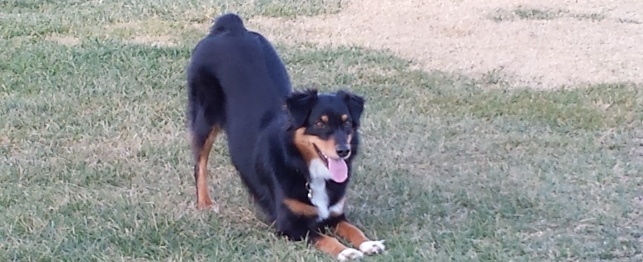 Playing Charades with Your Dog
Playing Charades with Your Dog
Playing Charades with Your Dog
Playing Charades with Your Dog
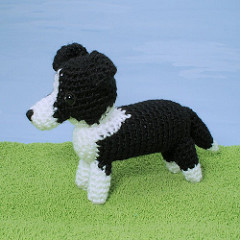 Train Your Border Collie Dog With These Helpful Hints
The day your new puppy comes home with you will be filled
Train Your Border Collie Dog With These Helpful Hints
The day your new puppy comes home with you will be filled
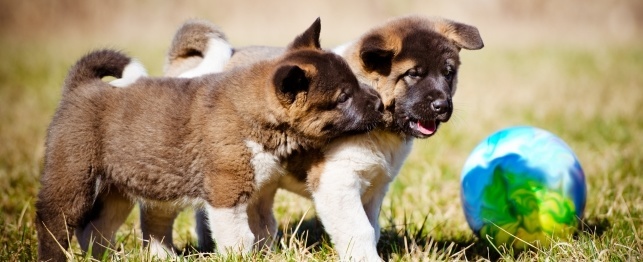 Doggie Play Dates: Are They for Your Dog?
Doggie Play Dates: Are They for Your Dog?
Doggie Play Dates: Are They for Your Dog?
Doggie Play Dates: Are They for Your Dog?
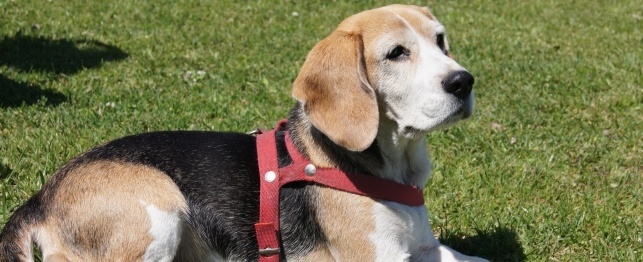 The Dark Side of Dog Parks – Why Dog Parks May Not Be Your Dog’s Friend
The Dark Side of Dog Parks – Why Dog Parks Ma
The Dark Side of Dog Parks – Why Dog Parks May Not Be Your Dog’s Friend
The Dark Side of Dog Parks – Why Dog Parks Ma
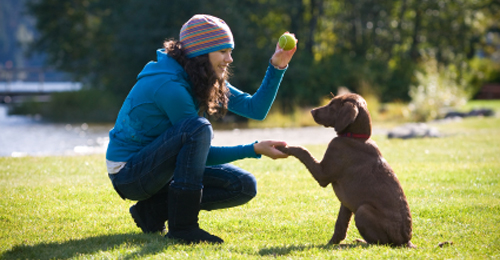 Secrets To German Shepherd Coaching
Keep the courses sessions short but often. When things lose
Secrets To German Shepherd Coaching
Keep the courses sessions short but often. When things lose